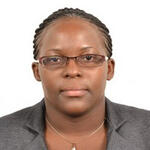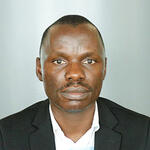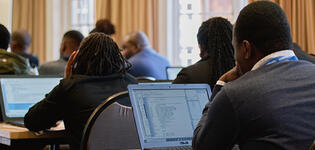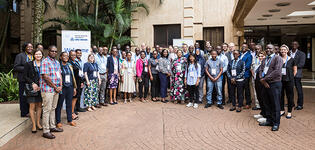Blog
Secure research data lab in Uganda
A game changer for efficient and fair taxation
In May 2022, the Uganda Revenue Authority (URA) and UNU-WIDER collaboratively launched a secure research data laboratory facility in Kampala, Uganda. The research lab is the second of its kind on the African continent in providing secure access to the revenue authority’s administrative tax data. The lab feeds into Uganda’s Medium-Term Revenue Strategy, whose core objective is to improve revenue collection, lifting Uganda’s tax-to-GDP ratio to 18-20% within the next five financial years.
To get the lab into use, we opened a request for research proposals on topics that can be studied with Uganda’s administrative tax data following the launch of the research lab. We reached out to a good pool of local and international researchers. Five research teams were chosen to conduct their studies using documented data in the lab.
The first international researchers visited the lab in September
We have received good feedback from researchers, but even more importantly, they have provided valuable suggestions on how to improve the project and the data. One of the first researchers in the lab was Olivia Wirth, a PhD candidate at the University of Passau.
‘My stay at the research lab was really effective. I received valuable instructions on how to use the lab prior to my arrival. The staff warmly welcomed me and it was great to have research assistants around at all times. They were very helpful and assisted with questions and technicalities regarding the data and equipment. Overall, the lab is a great and easy-to-reach facility, offering a good work atmosphere. I am grateful for the opportunity to use this unique firm data for my research.’
We are happy to see the lab is in use and original research is being conducted there.
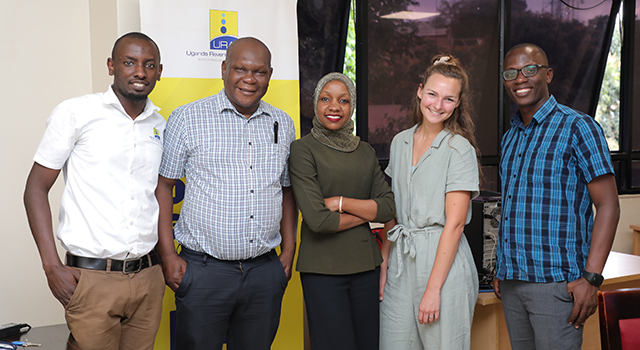
Supporting the URA and tax policy planning in Uganda
The research lab is not only important for researchers but also feeds into the URA’s Medium-Term Revenue Strategy, whose core objective is to improve revenue collection, lifting Uganda’s tax-to GDP ratio to 18-20% within the next five financial years. For the URA, continuous use of data in the lab generates critical information and insights that help to improve internal processes related to tax collection and tax administration. More broadly, the research lab provides the URA knowledge to make recommendations on national tax policy in Uganda.
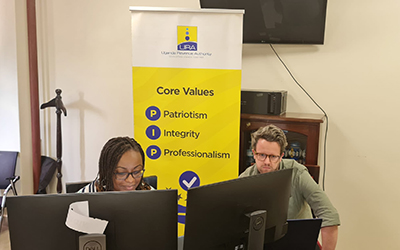
One of the researchers using the lab, Dr. Rose Camille Vincent from ETH Zurich, shared her views on what the URA research lab can achieve in Uganda: ’Data production, reliability, and accessibility are crucial in Public Finance and Development. The URA research lab thus constitutes an important bridge between researchers and policy stakeholders and will undoubtedly contribute to further our understanding of critical issues related to taxation and tax institutions in Uganda.’
Managing the research lab at the URA
The research lab is located in the URA premises in Kampala, Uganda, where the data can be accessed under the supervision of the research lab assistants. This arrangement ensures that the sensitive taxpayer-level data is safe and the identity of taxpayers is not compromised.
Research lab assistants Brian Arinaitwe and Gerald Agaba shared their experiences in managing the lab. ‘Managing the lab has been so insightful after meeting quite a number of researchers grounded in different backgrounds, skills, and experiences in conducting research, especially working better with STATA. Working with them has been great.’
Managing the lab is a continuous process. The data is updated regularly, and computers need to be kept up to date.
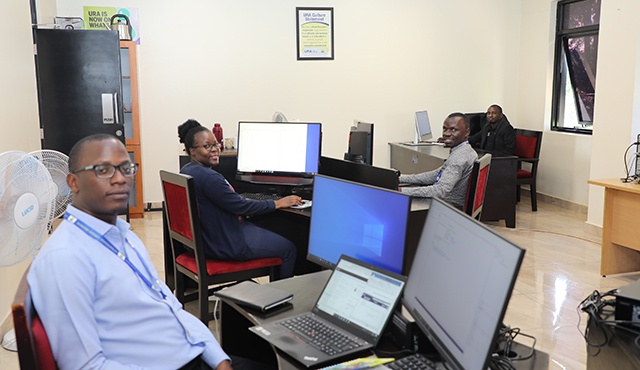
Looking ahead
2022 was a piloting year for the research lab. In the next year, we will scope out what improvements we can make to data access and will add at least two new data sets: one on the value-added tax (VAT) and one on trade data. UNU-WIDER continues to support the URA in managing the lab and in conducting joint research using the data.
More researchers will get access to the lab and we hope to see that it will support researchers locally and internationally to carry out policy-relevant and academically ambitious research in Uganda. The research lab enables researchers to study topics that require access to tax data, but those topics are not limited to tax policies. For example, tax data can be used to study many aspects of firm performance.
In the future, we expect to see a wide range of research which innovatively uses data to make critical contributions. The research lab in Uganda can be a game changer for efficient and fair taxation in Africa and elsewhere.
Maria Jouste is a Research Associate at UNU-WIDER. Tina Kaidu Barugahara is the Manager of Research and Revenue Modelling and Nicholas Musoke a Supervisor at the Uganda Revenue Authority (URA). They are responsible for the overall coordination and supervision of the research lab activities managed under the URA research and innovation division.
The views expressed in this piece are those of the authors, and do not necessarily reflect the views of the Institute or the United Nations University, nor the programme/project donors.
 Join the network
Join the network
